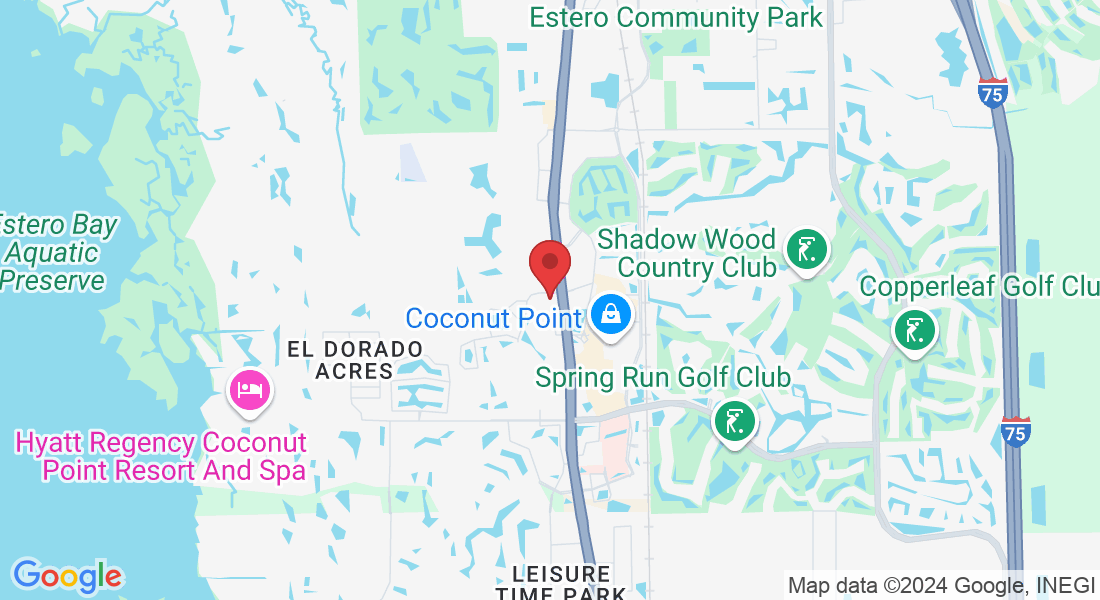Call Us: (239) 221-6120
We are NOT currently hiring. This site is for families seeking memory care services. For employment inquiries, visit our Indeed page.
Memory Care Resources
Enjoy these articles on finding the right care for your loved one

How to Talk to Someone with Dementia
Communicating with someone who has dementia can feel challenging, especially as the condition progresses. Memory loss, confusion, and difficulty finding words can make conversations frustrating for both the individual and their loved ones. However, understanding the right communication techniques can help create meaningful connections while reducing stress for everyone involved.
At Gulf Coast Memory Care, we specialize in dementia care in Estero, Florida, providing compassionate support for families navigating this journey. In this guide, we’ll explore effective ways to talk to someone with dementia, the best questions to ask dementia patients, and practical strategies to make interactions more positive.
Understanding Dementia and Its Impact on Communication
Dementia affects different areas of the brain, including those responsible for language, reasoning, and memory. As a result, individuals may:
Struggle to find the right words.
Repeat themselves frequently.
Lose track of conversations.
Have difficulty understanding complex sentences.
Become frustrated or withdrawn during interactions.
Knowing what to expect allows you to adjust your communication style to make conversations more engaging and less stressful.
Best Practices for Talking to Someone with Dementia
The way you communicate can significantly impact how a person with dementia responds. Using the right approach can help them feel valued, heard, and reassured.
1. Use Simple and Clear Language
Speak slowly and clearly.
Use short sentences and simple words.
Avoid complex questions or multiple instructions at once.
Example: Instead of saying, "Do you want to go outside after lunch and maybe sit in the garden?" try "Would you like to sit outside after lunch?"
2. Maintain Eye Contact and Positive Body Language
Make sure your face is visible when speaking.
Maintain a calm and friendly facial expression.
Use gentle touch, like holding their hand, if they are comfortable with it.
3. Be Patient and Allow Time for Responses
Give them extra time to process what you’ve said.
Avoid interrupting or finishing their sentences.
If they struggle, offer a gentle prompt rather than rushing them.
4. Avoid Correcting or Arguing
If they say something incorrect, resist the urge to correct them forcefully.
Instead, validate their feelings and gently guide the conversation.
Example: If they mistake their daughter for a sister, rather than saying "No, that's not your sister!" try responding with "She loves you very much, just like your sister did."
5. Use Nonverbal Cues and Visual Aids
Pointing to objects, using gestures, or showing photos can help when words are difficult.
Pictures of family members, familiar places, or favorite objects can trigger positive responses.
Questions to Ask Dementia Patients for Meaningful Conversations
Finding the right questions to ask dementia patients can encourage positive interactions and reduce frustration. Open-ended or reminiscence-based questions are often the most effective.
Reminiscence-Based Questions (Encouraging Past Memories)
"What was your favorite childhood memory?"
"Did you have a favorite vacation spot?"
"What did you love most about your first job?"
Talking about the past can be comforting since older memories are often retained longer than recent ones.
Emotion-Focused Questions (Helping Them Express Feelings)
"How are you feeling today?"
"What makes you happy?"
"Is there anything I can do to help you feel comfortable?"
These questions show empathy and let them express emotions in a safe space.
Simple Yes-or-No Questions (Reducing Confusion)
"Would you like some tea?"
"Do you want to go for a walk?"
"Are you comfortable?"
Yes-or-no questions are easier to process and reduce frustration.
Common Communication Challenges and How to Handle Them
1. Repetitive Questions
People with dementia often repeat questions due to memory loss. Instead of getting frustrated:
Respond with patience, even if it’s the tenth time.
Use distractions by engaging them in a new activity.
Write down answers if they can still read, so they have a reference.
2. Confusion About People or Places
If they forget where they are or who someone is:
Reassure them gently without overwhelming details.
Use visual reminders like labeled family photos.
Redirect their attention to a calming activity if distress arises.
3. Agitation or Frustration
If they become upset during a conversation:
Stay calm and avoid raising your voice.
Acknowledge their emotions: “I can see you’re feeling frustrated. Let’s take a deep breath together.”
Change the environment if needed, such as playing soft music or going for a short walk.
How Gulf Coast Memory Care Supports Families
At Gulf Coast Memory Care, we understand that dementia care in Estero, Florida requires more than just medical attention, it requires compassionate communication strategies tailored to each individual.
Why Choose Us?
✔ Specialized Dementia Care – Our staff is trained in advanced communication techniques to support residents with memory loss.
✔ Personalized Care Plans – We create individualized strategies to ensure effective interactions and engagement.
✔ Family Support & Education – We provide resources to help loved ones stay connected through meaningful conversations.
If you’re struggling with communication or need expert care for a loved one, we’re here to help.
Conclusion
Communicating with a person with dementia can be challenging, but using patience, empathy, and simple strategies can improve interactions and bring comfort to both of you.
By applying the tips in this guide—such as using simple language, asking thoughtful questions, and avoiding corrections—you can create positive and meaningful conversations with your loved one.
If you need expert support, Gulf Coast Memory Care offers specialized dementia care in Estero, Florida, with a dedicated team that understands the importance of compassionate communication.
Need Expert Dementia Care? Contact Gulf Coast Memory Care Today.

Gulf Coast Memory Care
(239) 221-6120
22900 Lyden Dr, Estero, FL 33928
AL# 12921





